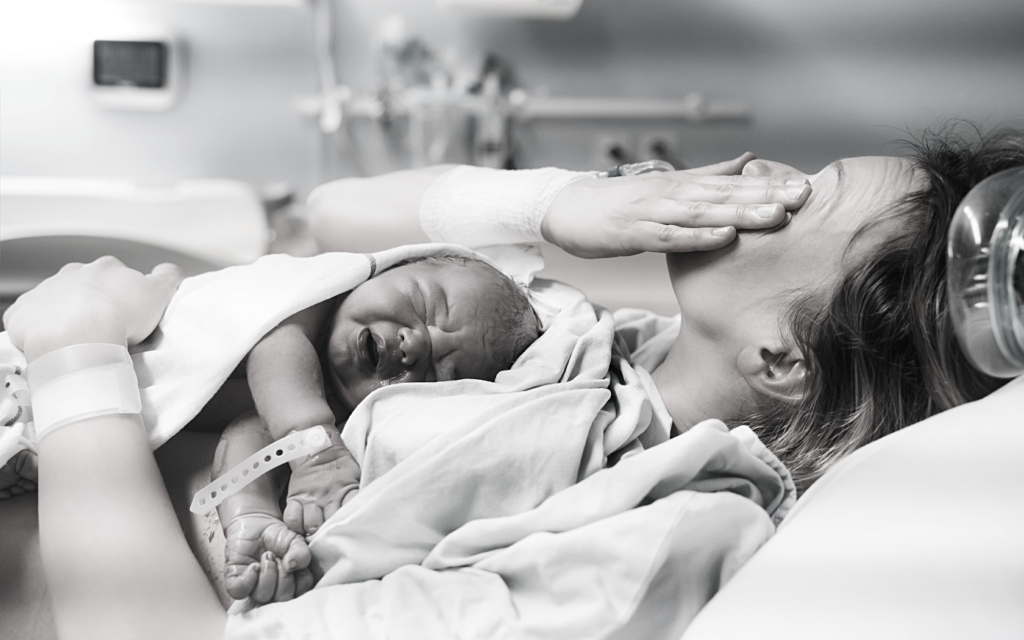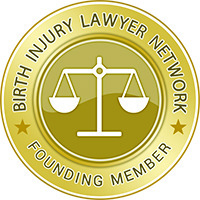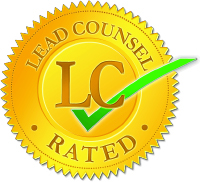For most mothers, pain is a natural part of having a baby. Injuries are sometimes unavoidable. But a birth injury to a mother from negligence? That’s not natural.
Every mother likes to believe she’s in good hands when labor pains begin. But what if those hands end up making a grievous mistake? There’s nothing more infuriating than realizing you have a preventable injury because a doctor was negligent.
Let’s dive into examples of maternal injuries, and what legal action you can take if they affect you or your family.

Examples of Birth Injuries to Mothers
It’s no secret that delivery complications are a possibility. That possibility can make mothers extra nervous on the big day. It’s impossible to know how a birth will go. No one expects doctors to predict exactly what will happen. But we do expect them to provide the best care possible. It’s their duty.
Most of the time, doctors can manage delivery complications. It’s what they’re trained to do! But they sometimes make negligent choices that lead to birth injuries to mothers. Or, they mishandle a birth injury that couldn’t have been prevented. They might make it worse and cause a serious permanent injury. That counts as negligence, too.
Some examples of birth injuries to mothers include:
Vaginal Tears
Vaginal tears can occur during childbirth when the tissues around the vaginal opening tear. These tears are classified into different degrees. Higher degrees indicate more severe tears. Vaginal tears can cause a lot of pain and discomfort. They may require stitches or other medical interventions.
Uterine Rupture
Uterine rupture is a rare but serious birth injury. It occurs when the uterus tears during labor or delivery. It can cause severe bleeding. If doctors allow uterine rupture to go untreated, the mother and the baby can lose their lives. Uterine rupture may require emergency surgical intervention. This could include a hysterectomy (removal of the uterus).
Pelvic Organ Prolapse
Pelvic organ prolapse is when the pelvic organs, such as the uterus, bladder, or rectum, bulge into the vaginal canal. Often the cause is weakened pelvic muscles and ligaments. When doctors use forceps or vacuum extractors, the risk of pelvic organ prolapse increases. Possible long-term effects include discomfort, pain, and difficulty with urinary or bowel function.
Postpartum Hemorrhage
Postpartum hemorrhage is excessive bleeding that occurs after childbirth. It can be caused by various factors, including:
- Trauma during delivery
- Retained placental tissue
- Uterine atony (failure of the uterus to contract after delivery)
Postpartum hemorrhage can be life-threatening. It’s one of the most serious possible birth injuries to mothers. Doctors must act fast and use medication, blood transfusions, or surgical procedures to stop the bleeding.
Postnatal depression (PND) & Postnatal Post-traumatic Stress Disorder (PTSD)
A non-physical birth injury to a mother can be just as devastating as a physical one. PND and PTSD are mental health conditions that can affect a mother’s well-being and ability to bond with the baby.
Let’s take a look at what these conditions entail:
- Postnatal PTSD. A traumatic childbirth experience can trigger this condition. It can involve intrusive memories, flashbacks, nightmares, negative moods, and increased anxiety. Some women get postnatal PTSD because they experience severe pain or distress during childbirth.
- Postnatal depression. This type of depression occurs after childbirth. Mothers with PND may experience persistent feelings of sadness and loss of interest or pleasure in activities. They may have changes in appetite and sleep patterns, fatigue, irritability, and feelings of guilt. In severe cases, PND sufferers have thoughts of harming themselves or their baby.

Legal Help for a Birth Injury (to Mother)
First of all, if you want to file a malpractice claim for a maternal birth injury, you have to have a viable case. Here’s what such a case would look like:
- There’s a proven birth injury (to the mother). Doctors have made a definitive diagnosis.
- A healthcare professional was negligent, either by action or inaction. What they did has to fit the legal definition of medical malpractice or negligence.
- The doctor’s negligence caused the mother’s birth injury.
If your case has merit, you can sue for financial compensation. This compensation can cover a variety of needs, such as:
- Medical expenses for injuries
- Lost wages
- Therapy and support for postnatal PTSD and post-natal depression
- Non-economic damages such as pain and suffering
Hampton & King has helped families like yours get the best possible compensation from their birth injury claims. We hope we can be of some assistance to you too. Contact us today to discuss your potential case.












